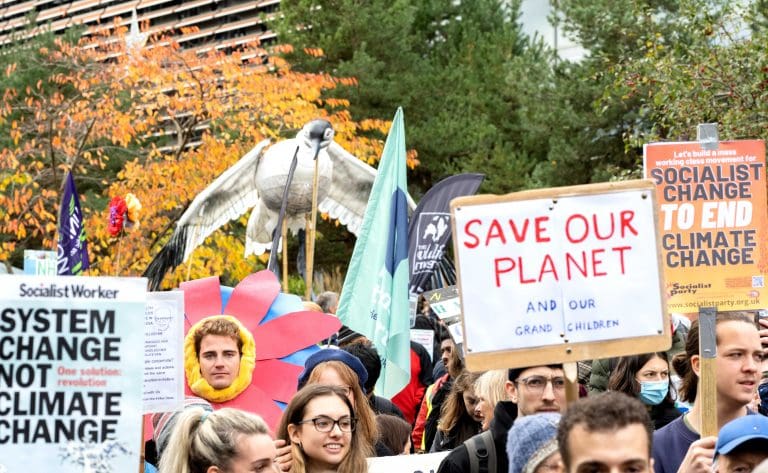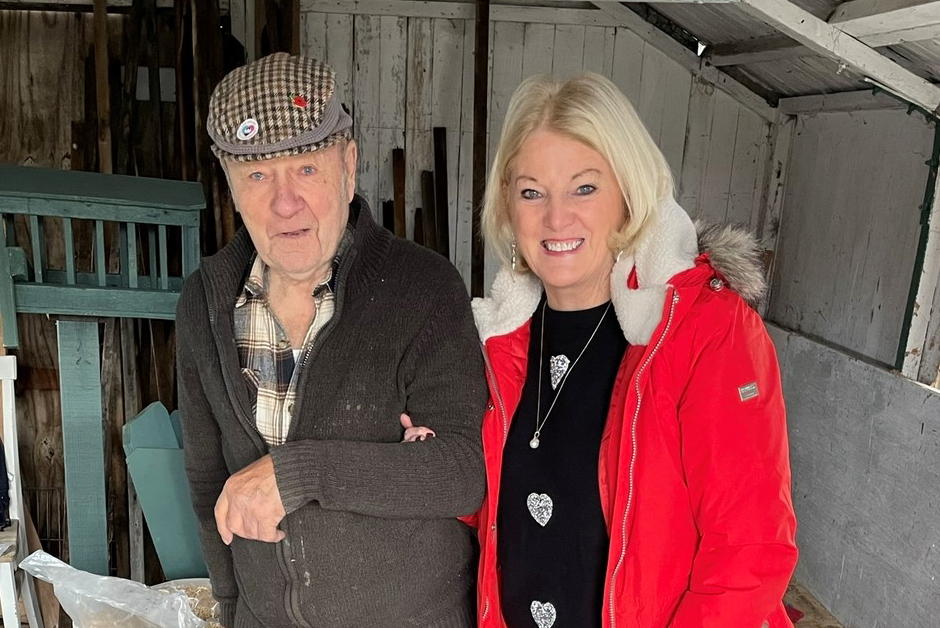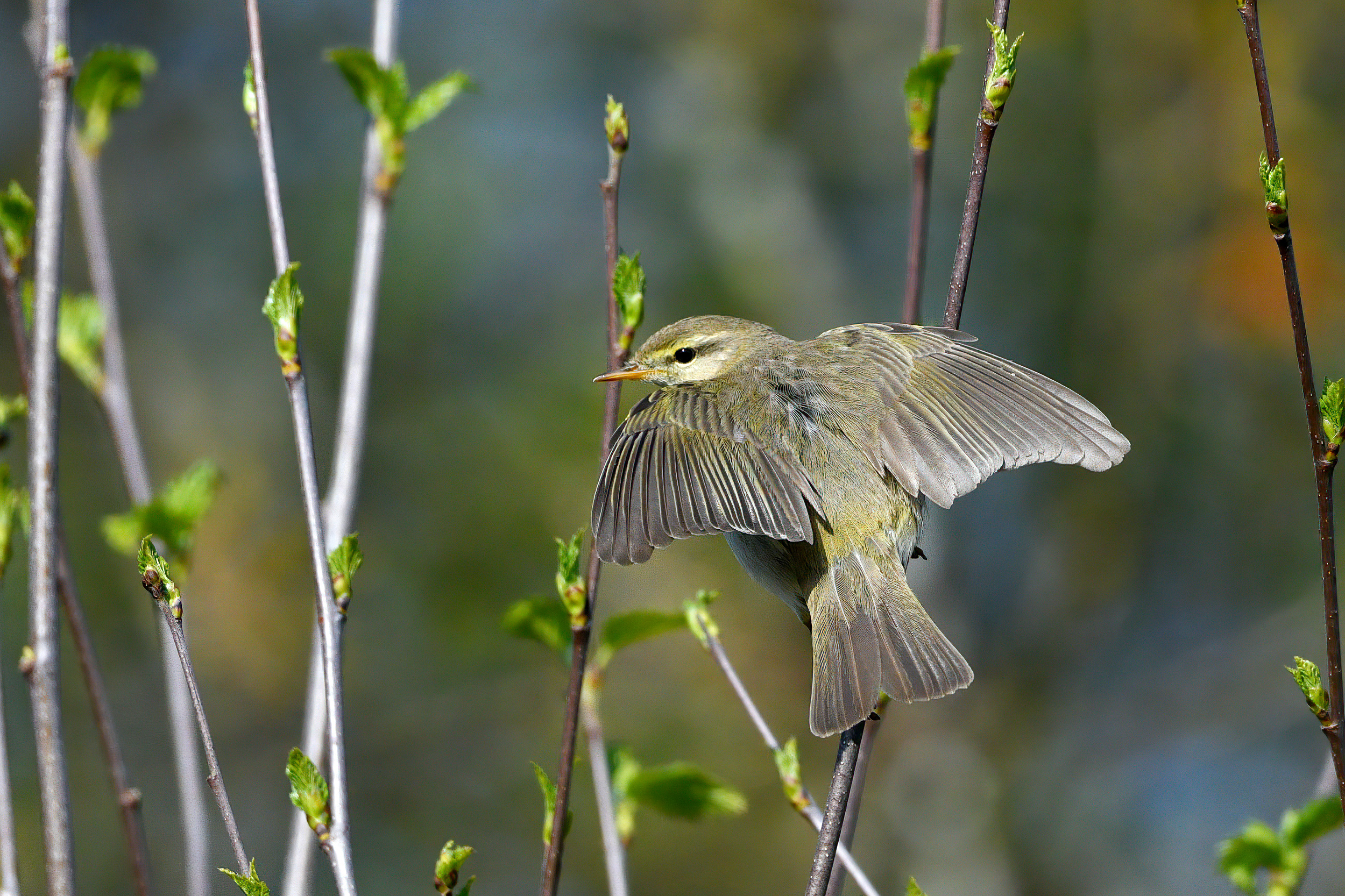The world changed utterly for me on a single day in May 1990. That was when I learned the song of the Willow Warbler: and the sweet music of that fine bird was the portal to a new understanding of life’s possibilities. The day before the world was a blur of sound: the next day it was full of Willow Warblers.
I hardly ever hear them now. They’re just not there. In England these birds are in sharp decline, caught in a perfect pincer movement of intensive agriculture and climate change. The song was everywhere: now it’s nowhere. They’ve been doing better in Scotland, where temperatures are cooler, and Northern Ireland, but in England, particularly southern England – well, last spring I only heard one.
‘For most people who care about wildlife, our personal experience of biodiversity loss comes down to a spooky feeling when we take a walk’
You, dear reader, are presumably an RSPB member, which means that you think birds are a good thing and that wildlife conservation is to be encouraged. Good on you for that. But not every member would claim to be crash-hot when it comes to identifying small brown birds in the field, particularly when you can’t see the damn things.
So when this magazine tells you about the terrible declines in the birds and other wildife of the UK, you might have to take a fair bit of that on trust. You’re sorry to learn that Turtle Doves have declined so much in the UK, but it’s not exactly a personal matter – not if you’ve never been aware of one purring softly from the countryside treetops, and, unfortunately, many of us have not.
I might tell you about declining Tree Sparrows (95%) or Spotted Flycatchers (77%) – and you would be entitled to say yes, sure, terrible – and this affects me how? And it’s rotten news about Corn Buntings (down 88%) but it’s possible (and nothing to be ashamed about) that you wouldn’t have noticed them when they were common.
For most people who care about wildlife, our personal experience of biodiversity loss comes down to a spooky feeling when we take a walk or have a good sit: a sense that something somewhere has gone subtly but terribly wrong. House Sparrows, of all things, are declining, so are Song Thrushes and Lapwings. The bird population of the UK has gone down by 38 million over 50 years.
And this affects you how?
Let me try and tell you. It’s like setting off for a good long walk in winter, fully dressed in the best possible gear. You stride off in the certain knowledge that’s there’s no such thing as bad weather, only bad clothing. A quick calculation tells me that in such circumstances I wear 16 items of clothing, counting socks, boots and gloves as two each.
But a new and dreadful rule has been imposed. You have to remove a garment every 15 minutes. After an hour you’re uncomfortable. After two hours you’re dangerously chilled. After three hours you’re not only freezing but indecent. And after four, unless you get help quick, you’re dying.
You are the ecosystem. Your clothes are the species that live there.
Now for some advice. Listen to the Willow Warbler song below. Use it as an inspiration to keep on fighting for nature, for there’s no victory in giving up. Then take a nice walk, or a nice sit in a nice place, and spend time savouring something of what we have left. Listen as well as look… oh, and remember to dress adequately.
Listen to the sounds of the Willow Warbler:
Listen to this feature here:

Campaign with us
Click below to see more about how you can use your voice to save nature.

Protesters. Photo: Eleanor Bentall (rspb-images.om)
You might also like

Your say – autumn/winter 2023



